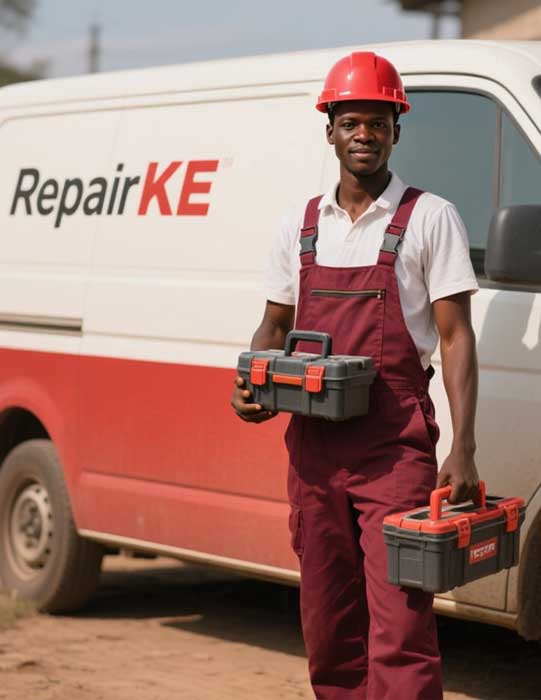For recreational vehicle enthusiasts embarking on extended trips, having laundry facilities onboard transforms the travel experience from constant searches for laundromats to enjoying the convenience of home. RV washing machines are specially designed appliances that address the unique challenges of mobile living, offering practical solutions for keeping clothes clean while on the road.
Key Characteristics
RV washing machines differ significantly from their residential counterparts in several important ways. Size constraints represent the primary design consideration, as these units must fit within the limited space available in motorhomes, travel trailers, and campers. Most RV washers measure between 15 to 24 inches in width, considerably smaller than standard home models that typically span 27 to 29 inches.
Weight is another critical characteristic. RV washing machines are engineered to be lightweight, usually weighing between 50 to 100 pounds when empty, compared to traditional washers that can exceed 200 pounds. This reduced weight helps maintain proper vehicle weight distribution and fuel efficiency. The construction often incorporates lightweight yet durable materials such as high-grade plastics and aluminum components instead of heavy steel frames.
Portability defines many RV washing machine designs. Some models feature wheels or compact dimensions that allow easy relocation or storage when not in use. This flexibility proves valuable for RV owners who may want to remove the appliance during certain trips or reposition it for optimal space utilization.
Essential Features
The most prevalent feature in RV washing machines is their compact, space-saving design. These appliances typically offer capacities ranging from 1.5 to 2.5 cubic feet, sufficient for washing approximately 8 to 15 pounds of laundry per load. While this requires more frequent washing cycles compared to full-size machines, it suits the needs of most RV travelers.
Energy efficiency stands as a paramount feature. RV washing machines are designed to operate on limited power supplies, with most models running on standard 110-volt electrical systems commonly available at campgrounds. Some advanced models can even function using 12-volt DC power from the RV's battery system, enabling off-grid washing capabilities. Water conservation features are equally important, with many units using as little as 10 to 15 gallons per cycle compared to the 20 to 40 gallons used by conventional washers.
Ventless operation represents another crucial feature. Unlike many traditional washers that require external venting, RV models typically use condensation drying technology or are designed as washer-only units, eliminating the need for complex venting systems that would be challenging to install in a mobile environment.
Functional Capabilities
Modern RV washing machines offer surprisingly robust functionality despite their compact size. Most units provide multiple wash cycles including normal, delicate, quick wash, and heavy-duty options. Adjustable water temperature settings allow users to customize washing based on fabric requirements, though many RV washers excel at cold water cleaning to conserve propane or electrical resources needed for water heating.
Spin cycle capabilities vary by model, with spin speeds typically ranging from 800 to 1200 RPM. While this may be lower than full-size residential washers, it proves adequate for removing excess water and reducing drying time. Some premium RV washers incorporate advanced features such as automatic water level sensors that adjust water usage based on load size, and delay start timers that allow users to schedule washing during off-peak hours at campgrounds.
The installation flexibility of RV washing machines accommodates various setup scenarios. Many models connect to standard RV plumbing systems, while portable versions can draw water from external sources using simple hose connections. Drainage options include direct hookup to RV gray water systems or portable drain hoses for temporary setups.
RV washing machines represent an ingenious adaptation of essential home technology for mobile living. Their compact size, energy efficiency, and specialized features make extended RV travel more comfortable and self-sufficient, eliminating dependence on external laundry facilities while maintaining the comforts of home on the open road.






